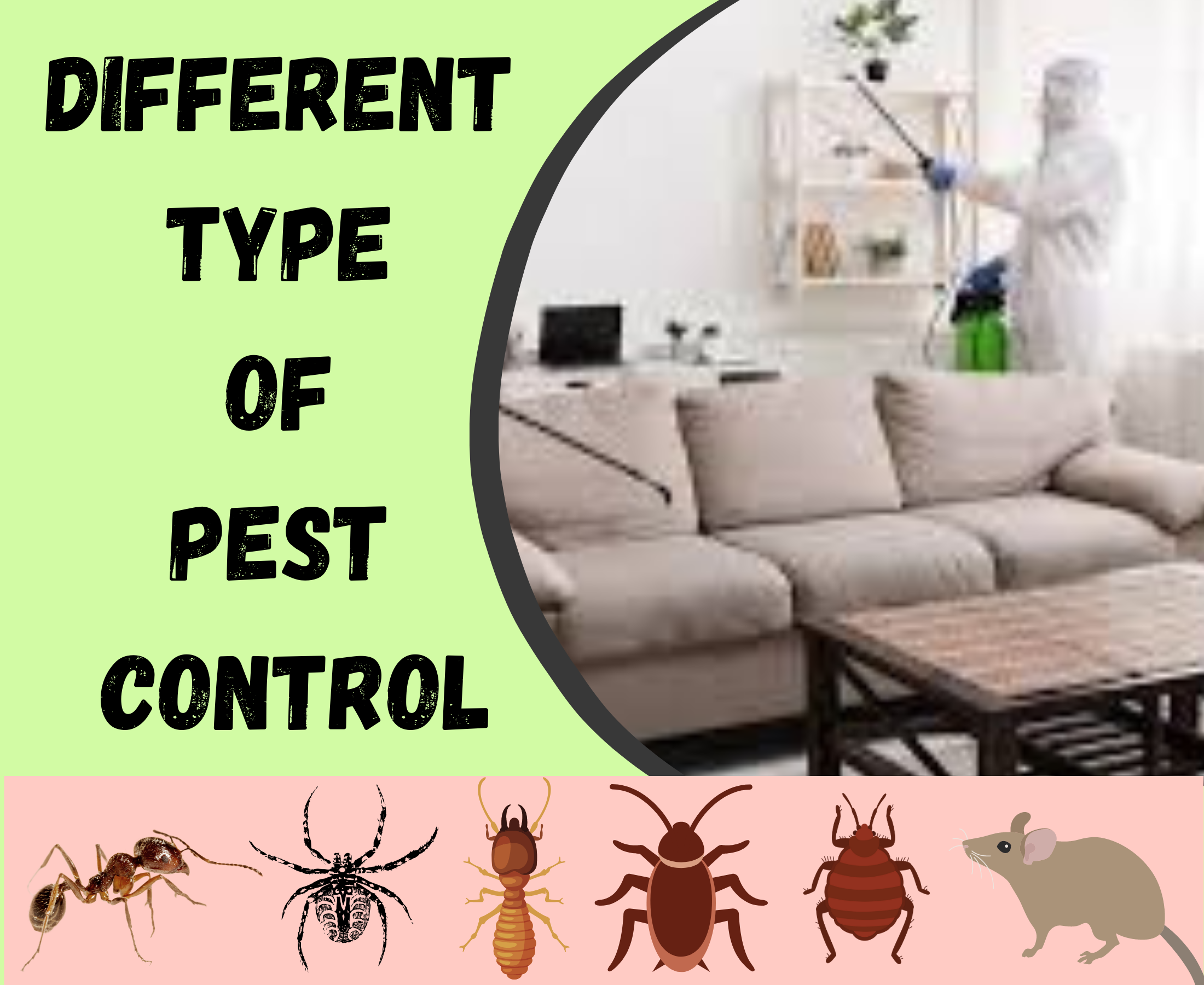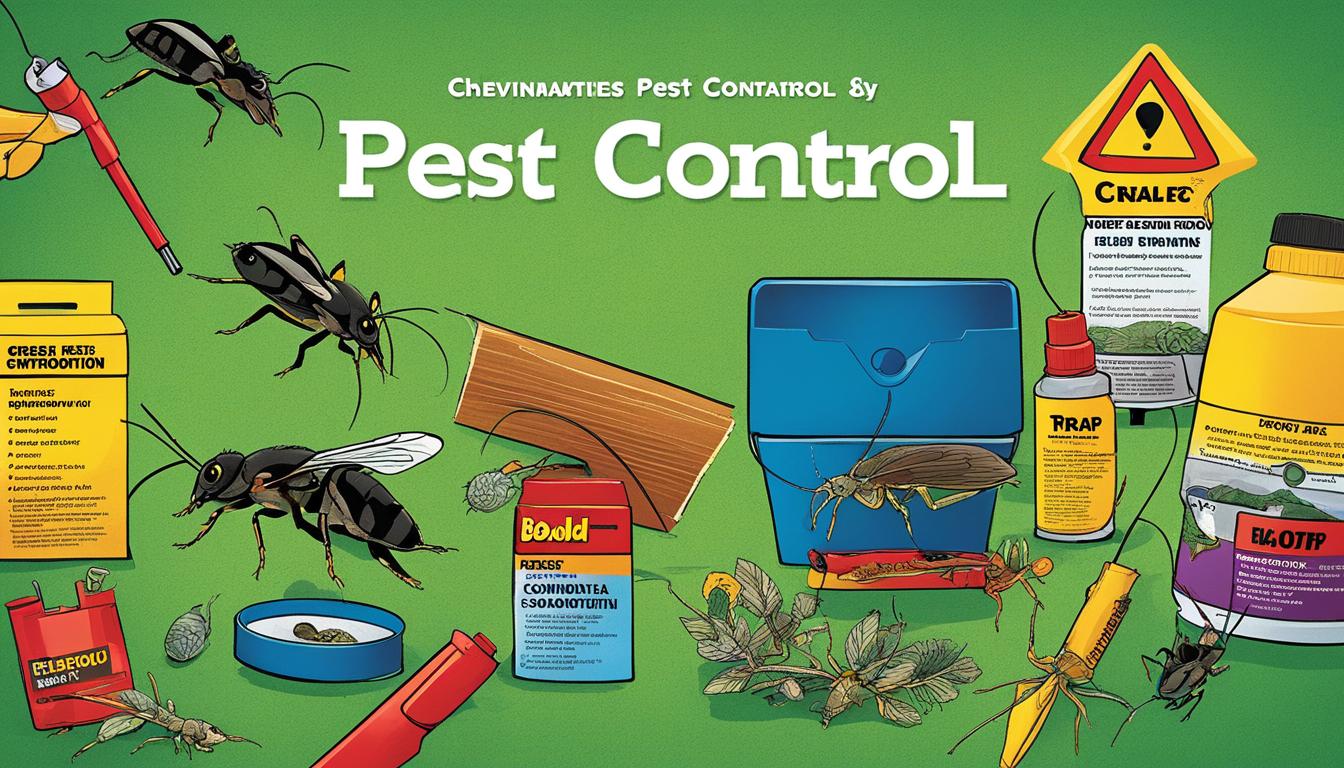10 Easy Facts About Pest Control Explained
10 Easy Facts About Pest Control Explained
Blog Article
Some Known Questions About Pest Control.
Table of ContentsPest Control - The FactsThe Basic Principles Of Pest Control Little Known Facts About Pest Control.Unknown Facts About Pest ControlThe 6-Second Trick For Pest Control
Limitations of Chemical Monitoring Be able to evaluate parasite issues, figure out if management is essential, and make proper suggestions using IPM strategies. Be familiar with various techniques of insect monitoring - their advantages and limitations.This phase goes over (IPM), a method that uses expertise regarding pests and their, practices, nonchemical techniques, and pesticides to handle pest issues. Additional details regarding IPM for specific plants is included in phases that focus on those plants. Nonchemical parasite control steps are emphasized in chapter 17, "Organic Horticulture." Managing birds and animals is covered in phase 20, "Wildlife." Taking care of in the yard and yard is covered in chapter 6, "Weeds." Parasites in a yard or landscape may include pests and termites, weeds,, animals, and birds.
Pests and weeds, however, play a function in the. After growing a yard or establishing a yard, the all-natural procedure of plant succession starts to restore and nonnative plants.
What we call "insects" become part of a natural system at the office. An environment has no insects. Just human beings think about particular types parasites when they take place where they are not wanted. We will certainly be much more effective in taking care of unwanted types when we understand that these organisms comply with predictable patterns that we can utilize to our benefit.
Pest Control Fundamentals Explained
Insects at risk to a chemical were quickly eliminated, leaving resistant ones to reproduce and multiply. It ended up being clear that pesticides alone would certainly not resolve all pest troubles.
An IPM plan allows some degree of bugs in the setting. Bugs are much less likely to endure a program that utilizes many different methods of reducing their populaces. Integrated insect monitoring was very first recommended by entomologists due to the fact that pests were the first team of insects to prove tough to manage with chemicals alone.
bug and host accurately. and take into consideration economic or visual injury. A threshold is the point at which activity must be taken. a treatment technique making use of mechanical, cultural, biological, or chemical controls, or a combination of these techniques. success of therapies. IPM has actually expanded past pests to monitoring of all pest populaces: weeds, condition microorganisms, and creatures.
The Facts About Pest Control Uncovered
Management instead than removal of parasites is the objective. An IPM strategy starts with a mindful examination of each insect problem.
Clover growing in a grass may be deemed an unwanted weed, yet as a legume it is manufacturing nitrogen for the dirt and the blossoms are providing nectar to honey bees and various other. Tolerance for some weeds might belong to an IPM strategy. may be consuming the leaves of a plant, however when they are recognized as the larvae of Eastern tiger swallowtail butterflies, their damage might be endured so we view can delight in the attractive butterfly.

The 2nd most essential device in bug monitoring is early treatment. Responding to issues promptly, before they have time to multiply, calls for a much less dramatic treatment.
Rumored Buzz on Pest Control
Several safe, useful, nonchemical techniques of plant security and parasite monitoring might decrease or remove the need to spray. Other approaches are most advantageous when utilized with chemicals. To implement administration techniques correctly and to lessen losses, gardeners ought to know the kinds of pests that attack plants and understand pest biology.

Performing a soil test and using just the recommended quantity of plant food and lime maximizes the advantage to the plant while minimizing issues associated with excessive use of plant food - Pest Control. Treatment the soil with a number of inches of compost safeguards the plant in numerous methods: reducing soil water loss to evaporation, lessening weed competition, providing nutrients, and developing an appropriate environment for earthworms dig this and bacteria that keep the dirt loose for origins and damage down natural material to release nutrients
If mulch touches the trunk, it can create a method for voles, microorganisms, and fungi to assault the original site plant. Do not utilize manure or compost that has not completely disintegrated as a top dressing due to the fact that it can urge unwanted parasites. Study recommends that farming is damaging to dirt structure.
How Pest Control can Save You Time, Stress, and Money.
If tilling is deemed necessary, think about doing it in the fall when the life cycles of several parasites brings them near the surface area. At the surface, parasites come to be subjected to the weather along with birds and various other natural enemies. Loss tilling can likewise damage pests in plant deposits. Use disease-free and insect-free certified seeds and plants if offered.
Report this page